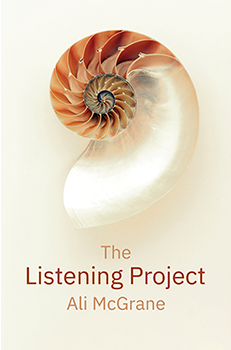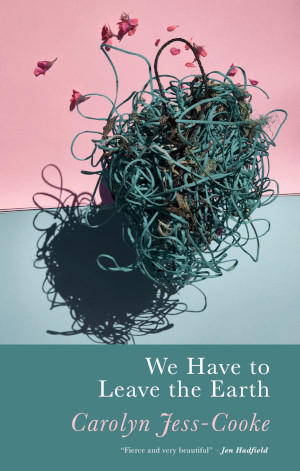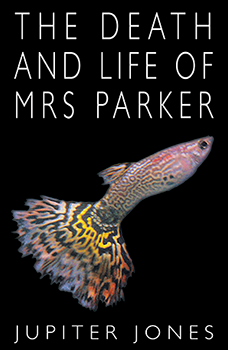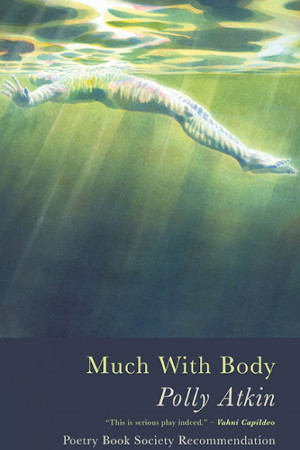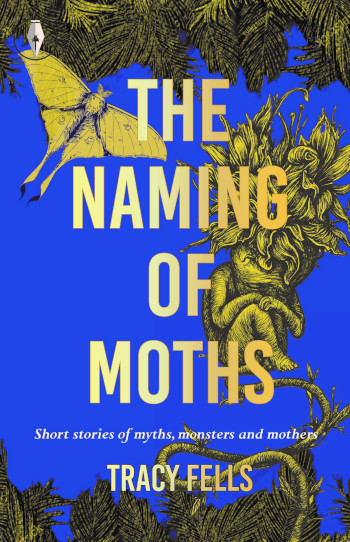 With such an evocative title and cover, you know you’re in for a world of wonder with this collection of short fiction. The tagline ‘Short stories of myths, monsters and mothers’ adds a flicker of curiosity before you enter the pages’ worlds.
With such an evocative title and cover, you know you’re in for a world of wonder with this collection of short fiction. The tagline ‘Short stories of myths, monsters and mothers’ adds a flicker of curiosity before you enter the pages’ worlds.
The gorgeous title story won author Tracy Fells the Canada and Europe regional award for the 2017 Commonwealth Short Story Prize. This tender tale of loss and solace weaves in the displacement of war with ancient mythologies about the longing for a child. In it, we’re invited to consider ideas of responsibility and ritual, in which the naming of moths has both an emotional and empowering purpose.
Fells has the skill to pepper potentially sad scenes with quirky, images that make you smile: “The woman with the moustache is refreshing her lipstick in the only mirror left uncovered.” In other tales, “computers squatted like fat hens” while in another a cake falls “in jammy clumps” onto a pair of “ballet pumps.”
‘Twisted’ is an exquisitely told, achingly dark tale of birthdays and family, balanced by luscious lines like the ones above.
Fells’ lyrical mastery over word choices gives every passage a special sort of glow, illuminated. A theme of metamorphosis runs throughout, as characters take back some element of control, changing lives for the better or simply shaking off the past in favour of a hopeful future. Vulnerable characters find their strength, often aided by more bolshy, beloved allies, such as Auntie Ruth in ‘Twisted’, who “said exactly what she was thinking, even if it was a bit rude.”
Other stories run along more overtly surreal tracks. ‘The Weight They Left Behind’ is a haunting piece full of colour with a hint of Black Mirror satire.
In ‘Household Gods’, Fells reminds us how little we know of other peoples’ struggles, and of the wells of compassion that run deep. Drawn into a hospital’s Special Care Unit for premature babies, we meet a couple who barely know each other, and are challenged to judge or withhold judgement from Mo, the protagonist, and his fumbling attempts to look after his ageing mother, his new wife and baby Nadira. Even here, the possibilities include the uncanny.
Fly on the Wall Press is a publishing house with a passion for great storytelling that does far more than entertain. The four-times British Book Awards’ Small Press of the Year finalists describe themselves as publishing “unparalleled political fiction, evocative poetry, and genre-defying anthologies addressing urgent global concerns.” These preoccupations are seeded subtly through their carefully selected and beautifully produced books, lodging in your consciousness and prompting you to re-examine a world where nothing should be taken for granted.
The realism in Fells’ collection forms firm foundations elevated by imaginative flights that serve to highlight aspects of human nature. These stories made me marvel at our capacity for love in all its forms, and to forge our own paths despite obstacles. Each story nudges you to remember how much happens unseen in the lives of every stranger we encounter. Sometimes it takes the surreal to help us truly glimpse the realities we live among.
The Naming of Moths by Tracy Fells is published by Fly on the Wall Press and available to buy here.
What are you reading? I’d love to know. I’m always happy to receive reviews of books, art, theatre and film. To submit or suggest a review, please send an email to judydarley (at) iCloud.com.


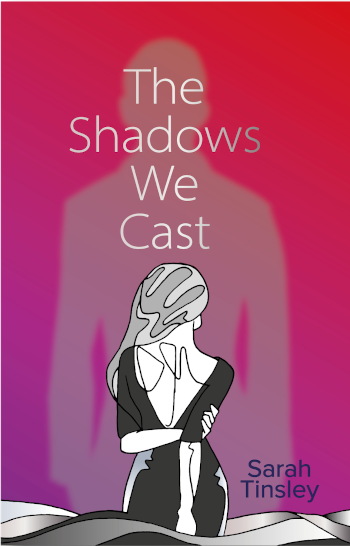 With chapters headed by names and starting with two time-frames (Now, After), the moment you open
With chapters headed by names and starting with two time-frames (Now, After), the moment you open 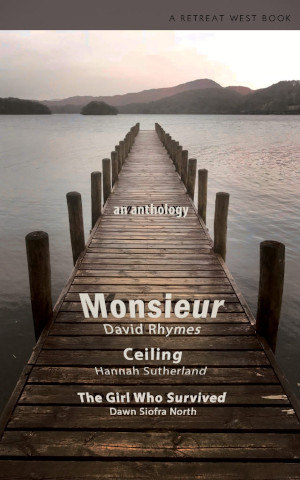 The latest anthology of winning novelettes-in-flash from Retreat West offers up three intriguingly layered tales.
The latest anthology of winning novelettes-in-flash from Retreat West offers up three intriguingly layered tales.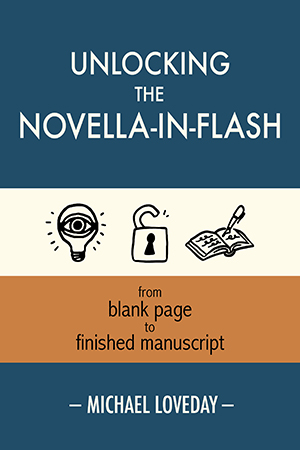 With the sub-title “from blank page to finished manuscript”, this is very much the printed equivalent of taking a focused MA on the topic of the novella. It’s laid out beautifully clearly into modules, with delicious, restorative snacks in the form of exemplary flash fiction nuggets to nibble on along the way.
With the sub-title “from blank page to finished manuscript”, this is very much the printed equivalent of taking a focused MA on the topic of the novella. It’s laid out beautifully clearly into modules, with delicious, restorative snacks in the form of exemplary flash fiction nuggets to nibble on along the way.